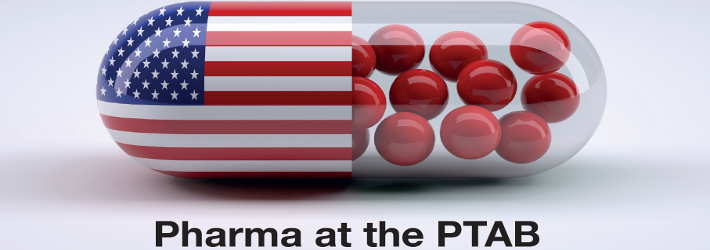April Breyer Menon, Corinne Atton and Ha Kung Wong reveal that PTAB decisions have been consistent but drug patents challenged multiple times are more likely to be found unpatentable.
There has been some concern regarding the statistics periodically issued by the Patent Trial and Appeal Board (“PTAB”) of the US Patent and Trademark Office, that the numbers reported overlook multiple inter partes review (“IPR”) challenges to the same patents, and potentially, different outcomes in those challenges. We have monitored IPRs filed on drug patents – patents that are listed in the Food and Drug Administration’s (FDA) Orange Book (“Orange Book patents”), and patents that have been identified in proceedings as reading on FDA Purple Book listed biologic drugs (“Biologic Drug Patents”) – and report here that while certain drug patents have been challenged in multiple IPR petitions, concern as to different outcomes, at least in the final written decisions (“FWDs”) that have been issued to date, appears to be unfounded. These FWDs have been consistent: either all instituted claims have been held unpatentable, or all instituted claims have been held not unpatentable. The biggest news is that drug patents challenged in multiple IPRs – at least those that reach FWD – have a much greater chance of being found unpatentable than drug patents that have been challenged in only one IPR. The percentage is 63% for what we have described in this article as “duplicative FWDs”, compared to 44% for non-duplicative FWDs.




